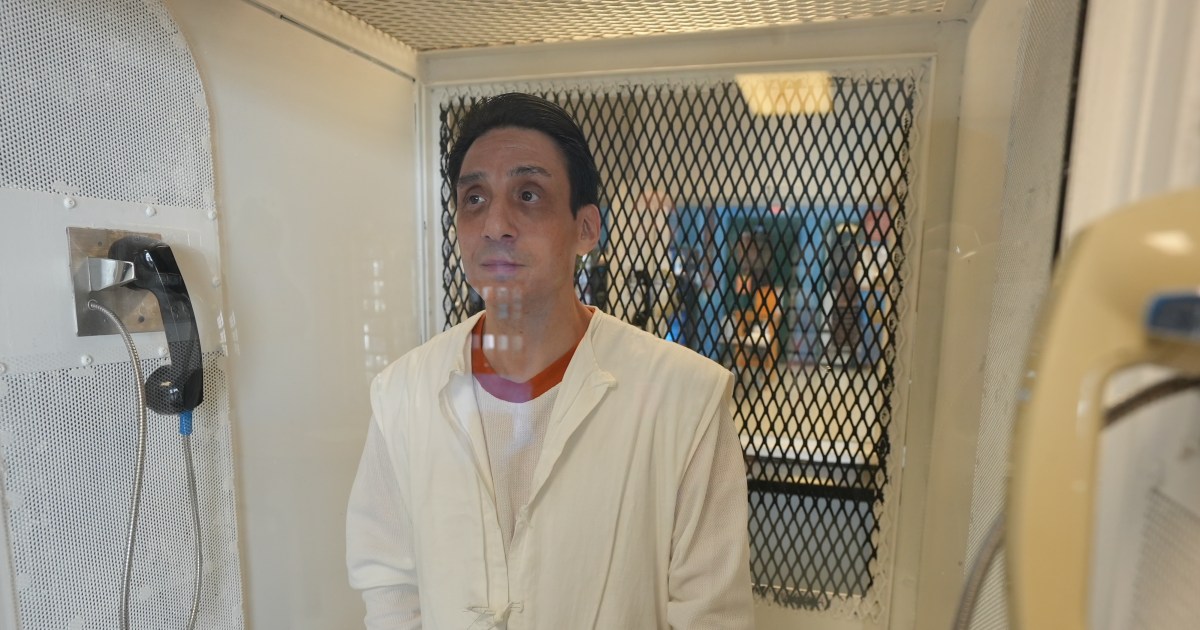The Supreme Court rules out that granting pardons to the nine pro-independence leaders convicted of sedition could constitute a crime.
The Criminal Chamber has agreed to reject a complaint against the President of the Government, Pedro Sánchez, for granting the measure of grace to Oriol Junqueras and the other eight secessionist leaders whom the same chamber sentenced to prison terms.
In a car dated September 8 and advanced by
eldiario.es
, the magistrates affirm that the pardon "has been exercised by the person who is competent, without it being possible to affirm its injustice or arbitrariness" and they recall that regarding the grace measures "there is no jurisdictional control of any kind." The Supreme Court, from the Contentious-Administrative Chamber, has the power to exercise “certain control” of the pardons, but only to rule out arbitrariness and guarantee the “necessary coherence”.
The complaint against the Prime Minister was presented by the Spanish Liberal Right party and the lawyer José Ignacio Sánchez Rubio on June 24, just one day after the Council of Ministers approved the partial pardons to the nine convicted of sedition. The letter was also directed against the then Minister of Justice, Juan Carlos Campo. According to the complainants, both the president and the minister were perpetrators of a crime of prevarication (issuing a resolution knowing that it is unfair) for granting the grace measure "in a tortuous manner, as a bargaining chip to the Catalan independence groups in exchange for to his support for the defendant ”.
The complaint, to whose admission the Prosecutor's Office also opposed, argued that the pardons were granted "in fraud of law, using them in a conventional manner to the personal, political or economic interests of the members of the government that granted them", and recalled that they had not been requested by the convicts themselves and there was no evidence that they had shown repentance for the crimes they committed.
The Criminal Chamber, which was directly opposed to the grace measures, recalls, however, that the Government has the legitimacy to grant total or partial pardons to those convicted by the criminal courts and that this has been recognized by the Constitutional Court.
The plaintiff, the court warns, does not offer "the slightest analysis" that allows verifying that the pardons were granted with "injustice or arbitrariness", the two requirements for a crime of prevarication to be sustained.

/cloudfront-eu-central-1.images.arcpublishing.com/prisa/AQASOYCKRG3RZK7HR77LT6DYVY.jpg)
/cloudfront-eu-central-1.images.arcpublishing.com/prisa/XUMBJ34VOBACVCGU5L34VTE7NQ.jpg)






